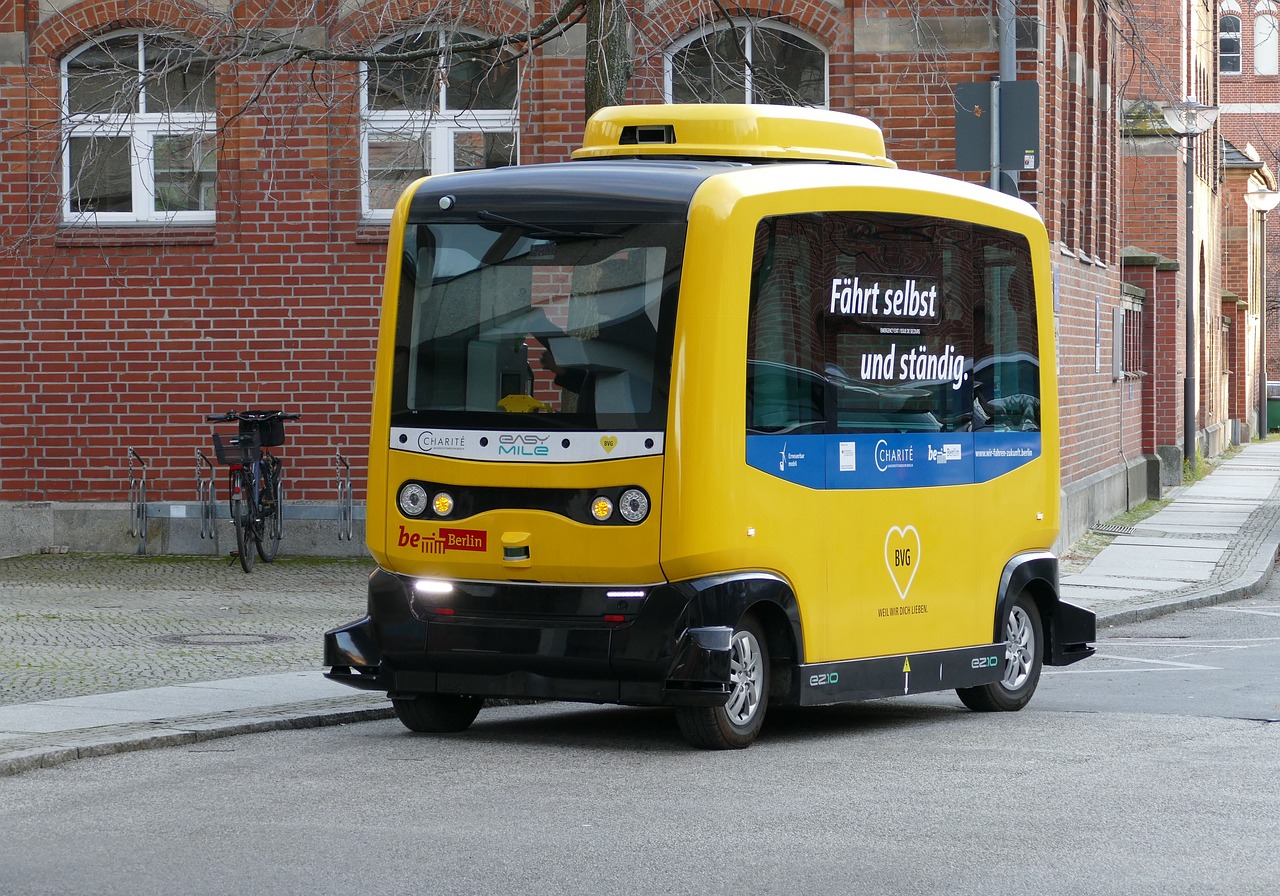The future of the automotive industry has many paths to follow, some of the clearest are the development of electric cars as well as autonomous vehicles that are increasingly closer to our reality.
A few years ago, brands such as BMW, Ford, and Fiat Chrysler announced 2021 as the promised date to put their autonomous models on sale capable of maintaining communication with each other to improve circulation in large cities.
The challenge is not only in the correct mechanics and technology of autonomous vehicles but also in the development of intelligent roads that are on par with the demands of the automotive industry in the coming years.
Brands are increasingly striving to progress in this type of technology, with even firms such as BMW, Intel and FCA forming alliances to accelerate their production. Others, like Tesla, work alone with their electric and autonomous vehicles that have recently claimed the life of a person.
Faced with the dizzying advance of technology in autonomous vehicles, the technology consultancy CB Insights produced a report in which it identifies at least 24 areas that will be impacted when these types of vehicles hit the streets.
How will autonomous vehicles change the world?
Fleet sales
The development of autonomous vehicles not only opens the opportunity to market them to individuals, platforms such as Uber, Cabify and Lyft have set their sights on autonomous vehicles to create fleets that serve as transportation in large cities.
The concept is of a shared vehicle that transports thousands of people in large cities with minimal delays, taking advantage of the advantages offered by technology.
The dealerships would go from only selling to individuals to establishing relationships with large companies that would make them available to the general population.
Workshops and repairs
According to the report from the PwC firm, the replacement of electronic parts will go from 30% currently to more than 50% in 2030, which is why workshops and spare parts suppliers will have to adjust their products and services to the new reality.
Furthermore, he states that the level of claims will be much lower, so there will be less of a market in these sectors, without forgetting the growing possibility of receiving software updates directly to your home.
The possibility for users to inspect the condition of the vehicle from home increases the transparency of diagnostics and failure prevention.
Driving professionals
When autonomous vehicles become a reality, professions such as drivers or similar will see their job opportunities diminish. Currently, Canada and Australia are already implementing trucks that operate without drivers and the trend will grow over the years.
The costs of a taxi driver as we know it until now will be much higher if autonomous vehicles are implemented that also work in zones and transport users who have similar routes, something that is already happening with UberPool.
Courier services will also be covered by autonomous vehicles with the help of smart roads and traffic lights. Travel times will be shorter and traffic jams will decrease until they almost disappear.
The work of people will be necessary but from a remote center to monitor the operation of the autonomous vehicles.
With the implementation of autonomous cars, accidents will be almost zero, directly impacting the cost of insurance policies.
While insuring an autonomous vehicle will be very economical, having a policy for a car that is driven manually will be very expensive, so driving our own vehicle will be a luxury that few can afford.
You may be interested in: How do hybrid cars work?
Telecommunications
This point comes hand in hand with the previous one because in the coming years, the automotive industry will require greater use of quality wireless communication channels since information about traffic and incidents will have to be shared instantly.
In addition, cybersecurity will be of vital importance to avoid hacking, loss of information or kidnapping of people through theft of units.
Infrastructure and road safety
By 2030, experts predict that vehicles will be able to communicate with each other to improve circulation in large cities. The importance will fall on the quality of the media in the face of mishaps and natural phenomena.
Reducing traffic jams on streets and highways will eliminate the need for large avenues with more than three lanes.
In terms of safety, it will be important for traffic police to be able to handle a failure with an autonomous vehicle, in addition to the question of who would pay for the damages in an accident: the passengers, the company that owns the vehicle or the monitors?
Urban infrastructure
The constant mobility of autonomous shared-use vehicles will reduce the number of them on the streets, eliminating the need for large parking spaces.
Travel and fun
The implementation of autonomous vehicles will negatively impact large transportation companies such as airlines, railways and buses, as people will be able to rest comfortably in their cars without the need to take multiple means of transportation.
The possibility of the car cabin being a space for rest during long trips opens the door to new forms of fun and advertising such as online games.
For now, we can only see 2024 as the date indicated by most brands to launch their vehicles on the market. It is difficult to predict the advancement of technology, especially in a market as competitive as the automotive industry.

1 thought on “Impact of Autonomous Vehicles on the Future of Car Sales”